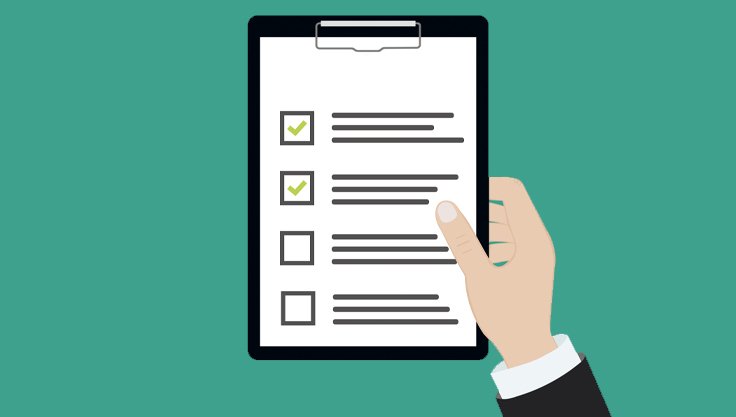Choosing an HR System - tips and tricks
22. October 2019Many companies that purchase an HR system quickly realize that there are a lot of benefits to it. You can read about what these benefits are in our previous blog posts.
Unfortunately, there are also companies that only see HR systems as an additional cost to their business. This is usually because these companies have opted for expensive packages with many advanced features and systems that were not relevant to them.
If your company is acquiring an HR system or replacing your old HR system with a newer, more feature-rich model, there are some factors to consider beforehand to avoid a costly mistake.
Packaged or modular HR system?
Packaged solutions don't have to be an expensive all-in-one solution that doesn't benefit your business. There are benefits to both packaged and modular solutions, and which HR system to choose depends entirely on the size and needs of your business.
A packaged HR system comes with a wide range of functionality as standard. This can be a great choice for large companies and businesses that need many different systems to help manage and organize employee data and complex business processes.
However, an HR system with opt-in and opt-out modules is a good solution for small and medium-sized businesses. A modular HR system allows your company to select the modules you need and that are most relevant to you. With a modular HR system, you can create your own unique solution tailored to your needs.
If you choose a modular HR system, you can select the solutions that are relevant to you. In addition, you have the option of adding more modules to the HR system if your company expands or adds more processes that may be useful to systemize.
Choose an easy-to-use HR system tailored to your business needs

Once you've decided whether a packaged or modular solution is the right choice for your business, you also need to decide what features the HR system should include.
It is important to determine whether your company has simple or more complex business processes. The individual processes in companies can vary greatly from one company to another, so it's a good idea to start with your own company's processes.
If your company has a simple and straightforward business structure with few and simple processes, you may want to steer clear of HR systems with a lot of advanced features. It's not necessary for your business and can be a waste of money to invest in.
A good tip is to choose a user-friendly HR system that matches the scope and complexity of your company's processes. If you choose a modular HR system, you can, for example, choose a recruitment system and an employee database as a start and over time expand the HR system with more modules as needed and desired.
Consider your company budget
Once your company has decided which modules and solutions will make up your specific HR system, you need to determine if your desired HR system fits within your budget.
Make sure there is a match between the company's processes, needs, budget and wishes for what the new HR system should include. As mentioned, you can always start small and expand your HR system at a later date as your company grows and becomes more profitable.
At HRM-Nordic, you can try our solutions for free for 30 days to find the best solution for your business.
Choose an HR System that complies with GDPR
You are covered by the GDPR when you store any kind of data - whether it's employee or customer data.
Therefore, you need to make sure that your HR system also complies with the General Data Protection Regulation (GDPR) so that you can confirm to the Danish Data Protection Agency that the processing and storage of personal data is in accordance with the GDPR rules.
With HRM-Nordic's solutions, you are ensured that your HR system stores and processes personal data in accordance with the applicable rules in the General Data Protection Regulation. Contact HRM-Nordic at 70 26 32 25 and learn more about your options for an HR system with solutions that fit your business.

